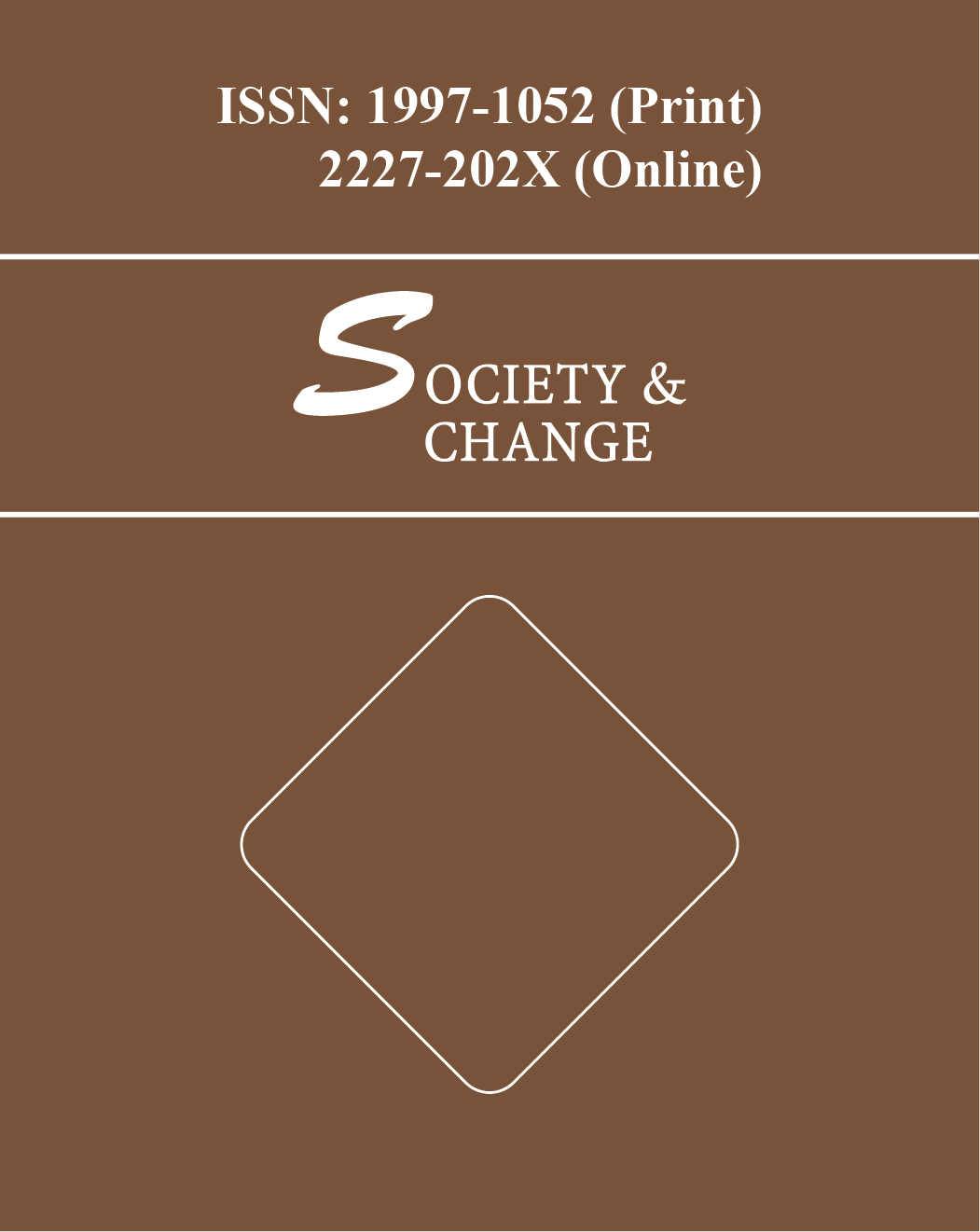People of Bangladesh, mostly living in the rural areas are very hardworking with proven capacity to preserve mental strength in the event of unexpected extensive loss due to natural calamities (floods, cyclones, epidemic etc). But unfortunately their basic needs of livelihoods including health care have remained largely unmet. Population explosion, frequent natural disasters, incompetence of political leadership, weakness in public administration and governance are held primarily responsible which lead to shortage of resources for investing in social sector viz. literacy, health, sanitation etc. Improper distribution of scarce resources and serious defects in management are also claimed to exist)1. Bangladesh with 142 millions of population is one of the world’s most densely populated countries which spend on US$ 7 per capita for health. Surprisingly enough against this pale background, Bangladesh has a good infrastructure for delivering primary health care, and sadly enough that the full potential of this infrastructure has never been utilized due to lack of properly implementable health service policy and management. The independence of Bangladesh 1971 acted as a breakthrough for the development of public health in this part of land. The declaration of Alma-ata2, up-gradation of health infrastructure (in 1982) in connection with the general administrative reforms, adoption of Health and Population Sector Programme (HPSP) with the help of World Bank (WB) was expected to significantly reshape the public health situation of the country.



 Additional Indexing
Additional Indexing